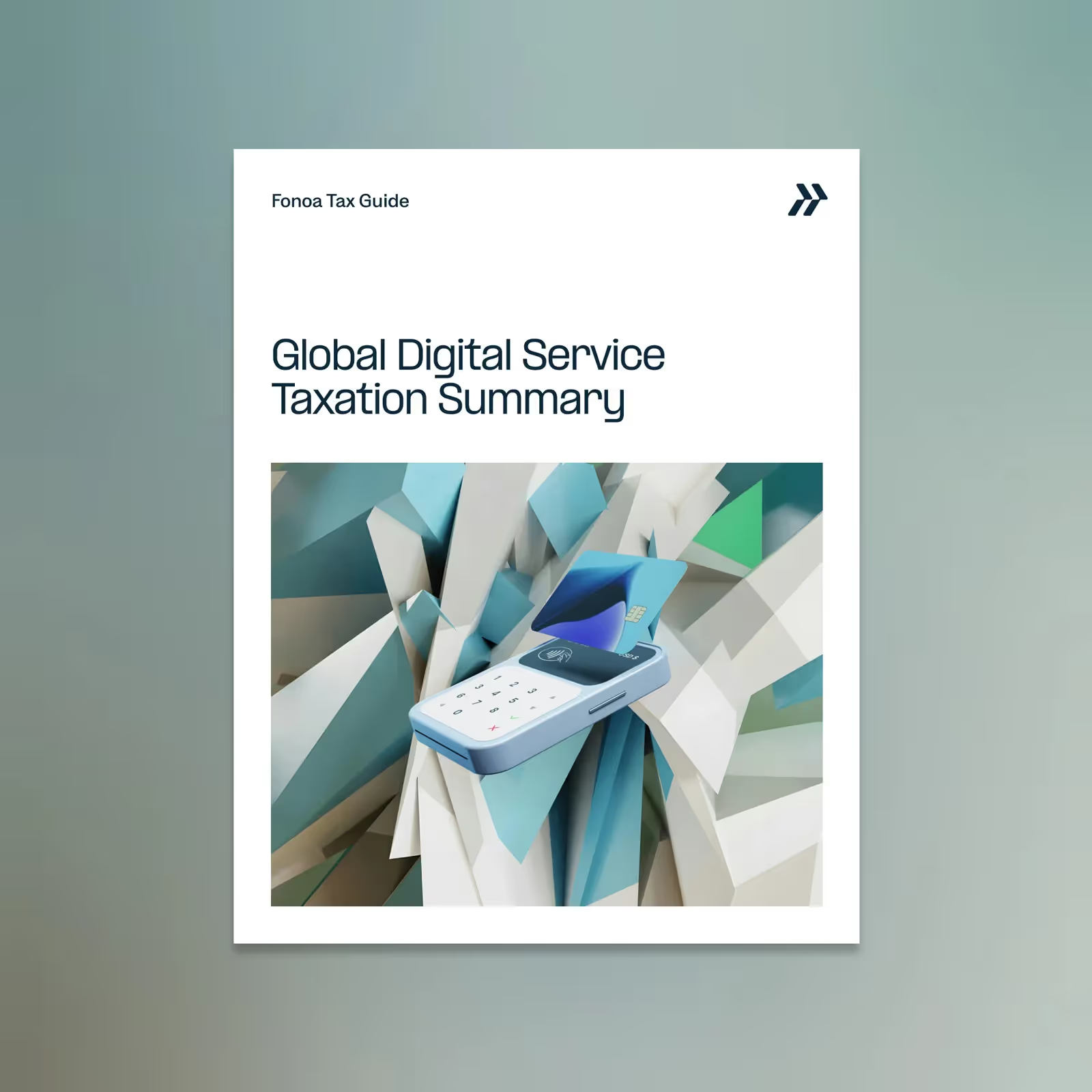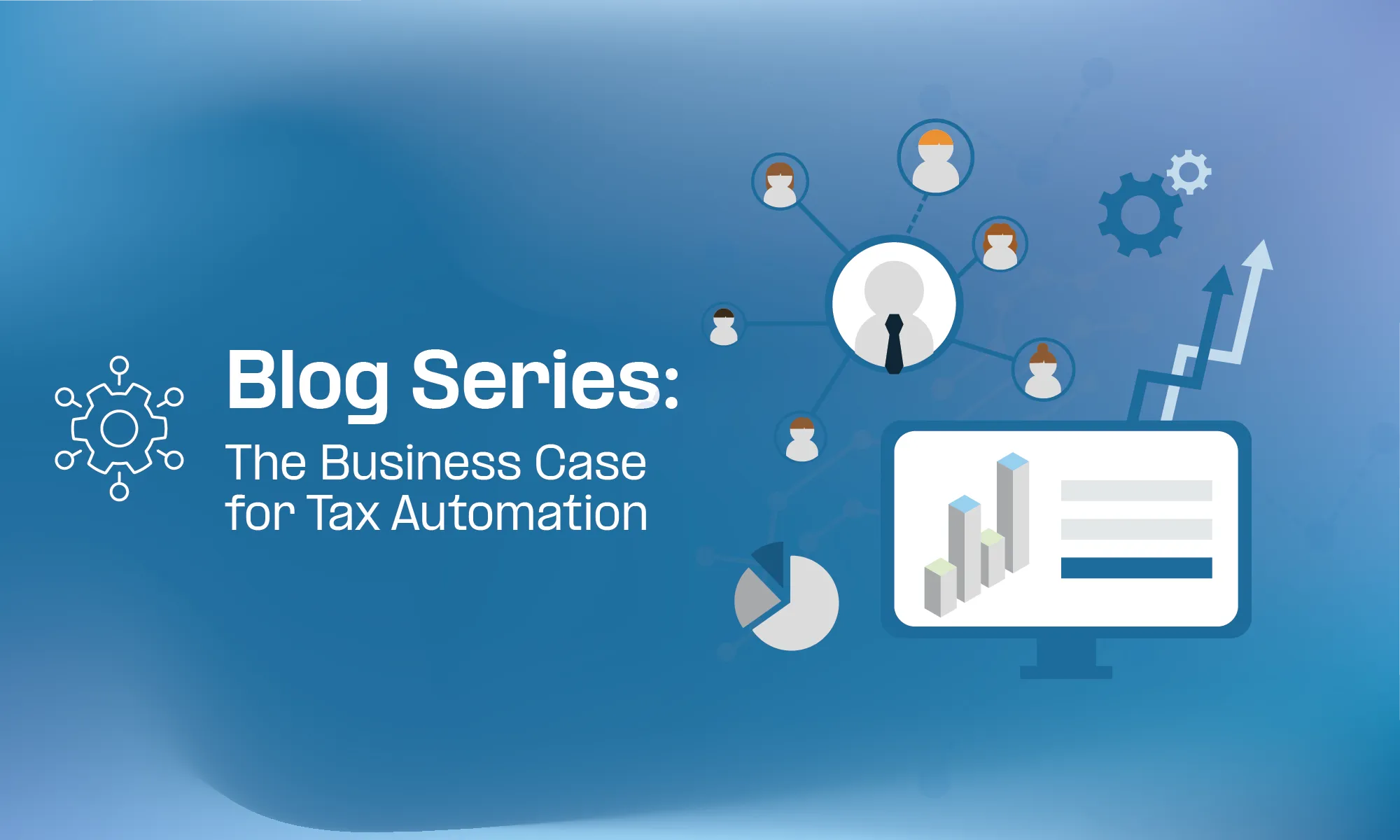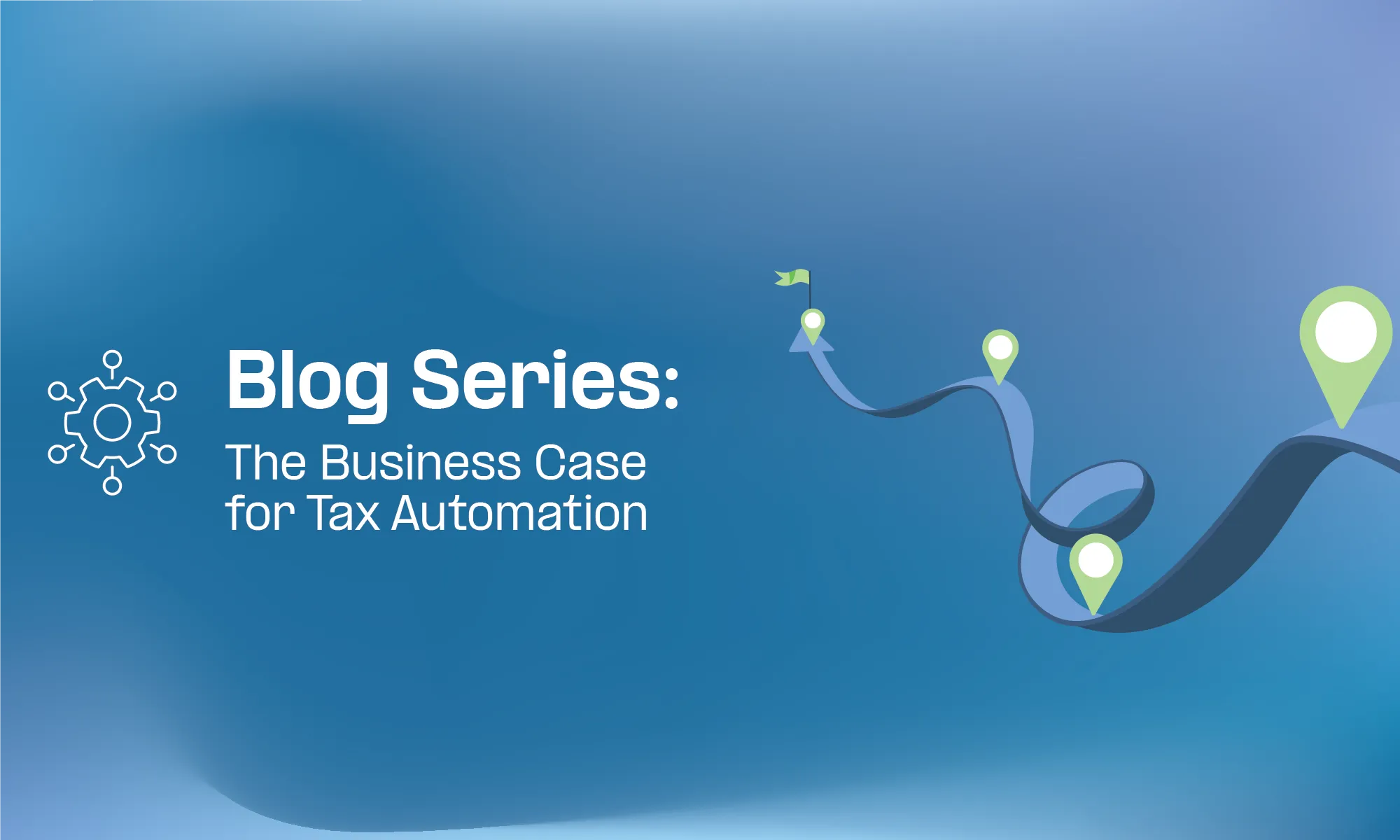Sri Lanka is expanding its Value Added Tax (VAT) regime to include digital services provided by non-resident companies through electronic platforms to non-VAT-registered (B2C) consumers within the country. In practice, overseas vendors must register for VAT in Sri Lanka as their services are now taxable there.
Timeline
Sri Lanka has postponed the imposition of VAT on digital services supplied by non-resident providers through electronic platforms. The Value Added Tax (Amendment) Act, No. 4 of 2025 had set the effective date as October 1, 2025, but following industry requests for more preparation time, the Cabinet approved an amendment to defer the effective date to April 1, 2026.
Impact
On April 11, 2025, the Parliament of Sri Lanka approved the Value Added Tax (Amendment) Act No. 04 of 2025, introducing significant changes to the VAT Act No. 14 of 2002.
The Amendment imposes an 18% VAT on the supply of digital services by a non-resident person through an electronic platform to a person in Sri Lanka, effective from October 1, 2025.
The Amendment Act introduces several key definitions, including:
- An “electronic platform” means any procedure in the form of a website or mobile application used by one or more service providers to provide their services to the service recipients.
- A “fixed place” means a place which is characterized by a sufficient degree of permanence and suitable structure in terms of human and technical resources to supply services, or to receive and use services for its own needs.
- A “non-resident person” means any person who occasionally undertakes transactions involving the supply of services, whether as principal, agent, or in any other capacity, but who has no fixed place of business in Sri Lanka, and does not include a registered person in Sri Lanka, where such person carries on or carries out a taxable activity in Sri Lanka without a fixed place of business but has an agent acting on their behalf.
Foreign digital service providers selling into Sri Lanka will be required to register for Sri Lankan VAT and collect the tax on their sales to local users. Once registered, a non-resident must charge the standard VAT rate (18%) on digital service fees and remit it to Sri Lanka’s tax authorities, similar to local suppliers.
Electronic marketplace facilitators will likely become liable for reporting VAT on their third-party sellers. However, the Inland Revenue Department is expected to provide more detailed guidance on how these provisions will be implemented in practice.
This new regulation will require non-resident sellers to charge, collect, and remit VAT on a broad range of digital services, including streaming music and video, apps, online gaming, automated e-learning, search engines, SaaS, etc.
Business-to-Business (B2B) transactions will operate under the reverse charge mechanism. This reform aligns Sri Lanka with over 120 other countries that have already implemented similar tax measures on digital services provided by non-resident entities.
From a tax perspective, foreign digital service providers need to prepare for VAT registration and compliance in Sri Lanka to ensure a smooth transition by the October 1, 2025 deadline.
















